Intro
Stay updated on recent Covid symptoms, including Omicron variants, long-haul effects, and vaccine breakthroughs, to navigate the pandemics evolving landscape and take informed precautions against coronavirus transmission and infection.
The COVID-19 pandemic has been an unprecedented global health crisis, affecting millions of people worldwide. As the virus continues to evolve, it's essential to stay informed about the latest developments, including updates on COVID-19 symptoms. The pandemic has highlighted the importance of being aware of the signs and symptoms of COVID-19, as early detection and treatment can significantly improve outcomes. In this article, we will delve into the recent updates on COVID-19 symptoms, exploring the latest research and findings.
The COVID-19 pandemic has underscored the need for ongoing research and monitoring of the virus. As new variants emerge, it's crucial to understand how they may affect the presentation and severity of symptoms. By staying up-to-date with the latest information, individuals can take proactive steps to protect themselves and their loved ones. Furthermore, healthcare professionals can provide more effective care and treatment by being aware of the latest developments in COVID-19 symptoms.
The COVID-19 pandemic has also highlighted the importance of global cooperation and collaboration in responding to public health crises. The sharing of information and research findings has been critical in advancing our understanding of the virus and developing effective strategies for prevention and treatment. As we continue to navigate the pandemic, it's essential to prioritize ongoing research and monitoring, ensuring that we stay ahead of the curve in addressing the evolving needs of individuals and communities affected by COVID-19.
Introduction to COVID-19 Symptoms
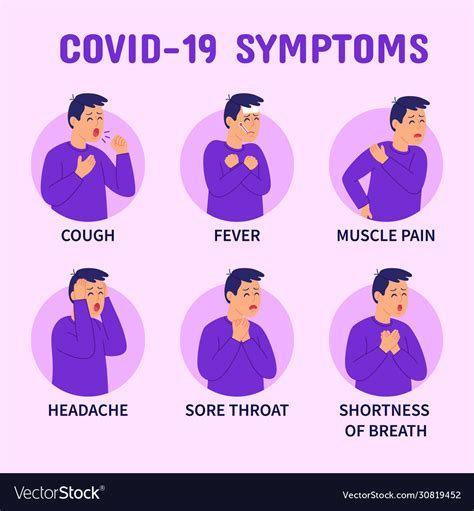
Common COVID-19 Symptoms
The most common symptoms of COVID-19 include: * Fever * Cough * Fatigue * Shortness of breath * Headache * Sore throat * Diarrhea These symptoms can range from mild to severe and may develop gradually or suddenly. It's crucial to seek medical attention if symptoms worsen or if you experience difficulty breathing, chest pain, or severe headache.Recent Updates on COVID-19 Symptoms
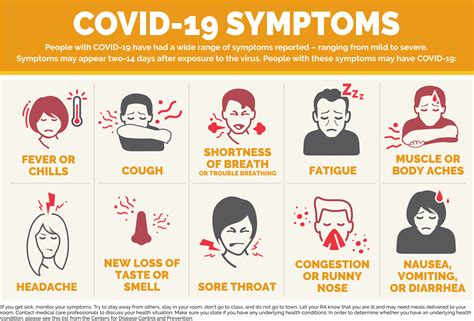
New and Emerging COVID-19 Symptoms
New and emerging symptoms of COVID-19 include: * Skin rashes * Conjunctivitis * Loss of smell and taste * Muscle pain * Joint pain These symptoms can be mild or severe and may develop at any stage of the illness. It's essential to be aware of these symptoms, as they can facilitate early detection and treatment.COVID-19 Symptom Variations
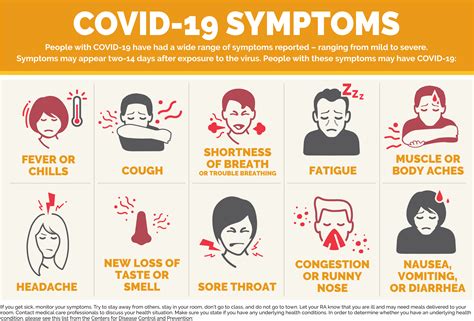
COVID-19 Symptom Variations by Age
The symptoms of COVID-19 can vary by age, with: * Older adults experiencing more severe symptoms, such as pneumonia and acute respiratory distress syndrome * Younger individuals experiencing milder symptoms, such as fever and cough * Children experiencing symptoms like fever, cough, and diarrheaCOVID-19 Symptom Management
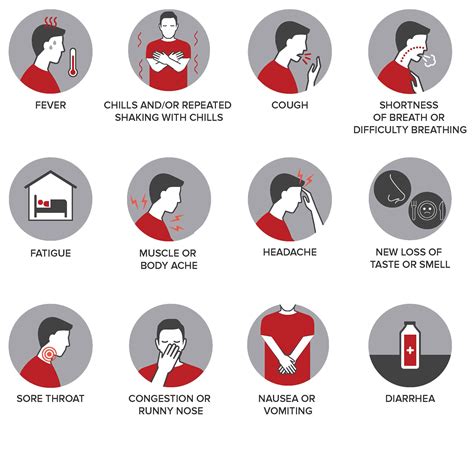
COVID-19 Symptom Management Strategies
Effective symptom management strategies include: * Staying hydrated * Resting and avoiding strenuous activities * Using over-the-counter medications * Practicing good hygiene These strategies can help reduce the severity and duration of COVID-19, facilitating a faster recovery.COVID-19 Prevention and Vaccination
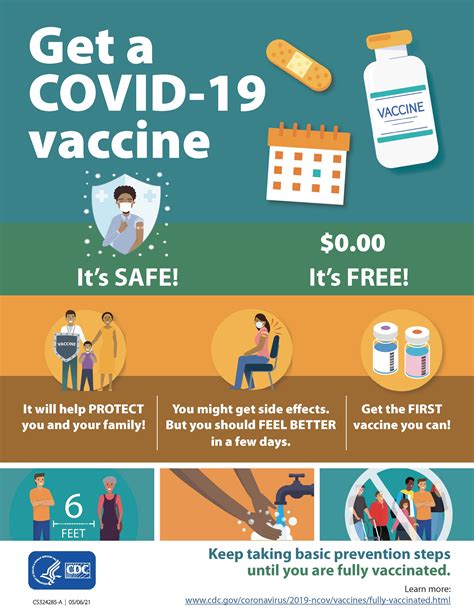
COVID-19 Prevention and Vaccination Strategies
Effective prevention and vaccination strategies include: * Practicing social distancing and wearing a mask * Avoiding close contact with individuals who are sick * Getting vaccinated against COVID-19 * Staying up-to-date with the latest information and guidelines These strategies can help reduce the spread and severity of COVID-19, protecting individuals and communities.Conclusion and Next Steps

We invite you to share your thoughts and experiences with COVID-19 symptoms in the comments section below. Your insights and feedback can help us better understand the evolving needs of individuals and communities affected by the pandemic. Additionally, we encourage you to share this article with others, helping to raise awareness and promote education about COVID-19 symptoms.
What are the most common symptoms of COVID-19?
+The most common symptoms of COVID-19 include fever, cough, fatigue, and shortness of breath. However, some individuals may experience additional symptoms, such as headache, sore throat, and diarrhea.
How can I manage my COVID-19 symptoms?
+Effective symptom management can include measures like staying hydrated, resting, and avoiding strenuous activities. Over-the-counter medications can also help manage symptoms like fever and headache. Practicing good hygiene, such as frequent handwashing and wearing a mask, is also essential.
What are the best ways to prevent COVID-19?
+Prevention and vaccination are critical in reducing the spread and severity of COVID-19. This can include measures like practicing social distancing and wearing a mask, avoiding close contact with individuals who are sick, getting vaccinated against COVID-19, and staying up-to-date with the latest information and guidelines.
